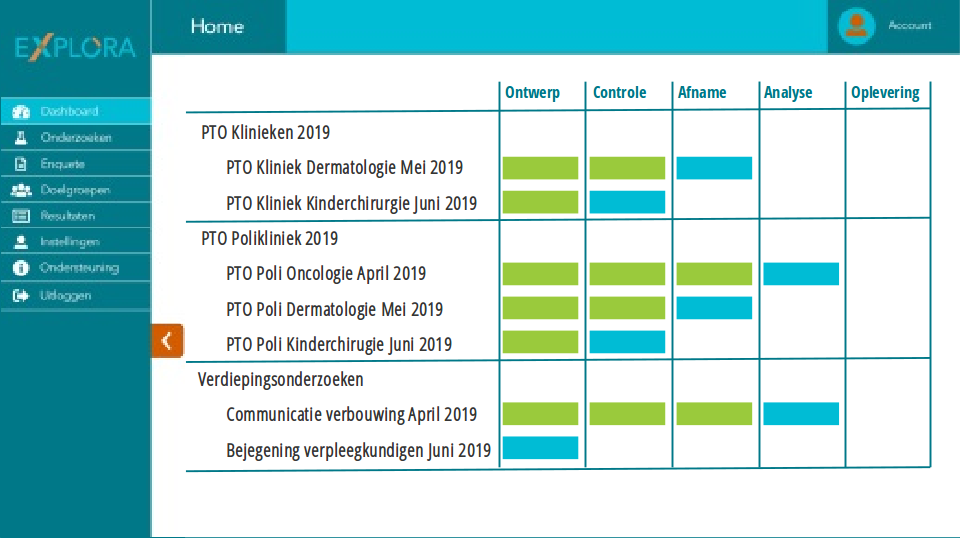
The team’s data will remain in encrypted Trello database backups until those backups fall out of the 90-day backup retention window and are destroyed in accordance with our data retention policy. All file attachments uploaded directly to Trello will be removed from the live Trello production database within 30 days. Upon termination of a Trello Premium or Enterprise contract, if requested by the Trello customer’s administrator, the user content that is stored on the terminated team’s boards, lists and cards will be completely removed from the live Trello production database. Thereafter, all such accounts are removed or changed. Upon role change or leaving the company, the production credentials of Authorized Personnel are deactivated, and their sessions are forcibly logged out. The account owner can revoke such access at any time. The customer support team will only receive such access to the account if it is granted by the user, either by selecting the "Give support staff temporary access to your account" option when submitting a help request, or by clicking a link sent to the user's email by the support team. When a Trello user submits a support ticket, they have the option of authorizing the customer support team to view their data. Customer support team members are not authorized to review non-public user data stored in Trello for customer support purposes without explicit permission. Trained members of the Atlassian and Trello customer support teams also have case-specific, limited access to user data stored in Trello through restricted access customer support tools. These lists are reviewed quarterly and upon role change. Trello also maintains a list of personnel who are permitted to access Trello code, as well as the development and staging environments. These members undergo criminal background checks and are approved by Trello’s Engineering management. Trello maintains a list of Authorized Personnel with access to the production environment. Those who do have direct access to production systems are only permitted to view user data stored in Trello in the aggregate, for troubleshooting purposes or as otherwise permitted in Trello’s Privacy Policy. Only Authorized Personnel have direct access to Trello’s production systems. And we regularly rework this, as our needs evolve.All user data stored in Trello is protected in accordance with our obligations in the Atlassian Cloud Terms of Service, and access to such data by Authorized Personnel is based on the principle of least privilege. #user observation is extended by #wtf moment, #aha moment, etc. #person is extended by #candidate, #alphauser, #investor, #employee, etc. #meeting is extended by #onboarding session, #followup, #investor meeting, #interview, etc. #todo is extended by #dev task, #design task, #bug, etc. We use a lot of extended tags internally in the tana workspace:

A lot like inheritance in object-oriented programming. So when you have many tags that will share the same baseline of properties, the Extend feature comes handy.

Even if you don’t see #todo in your #design task tag, it’ll be there, and #design task is considered a #todo by the search expressions. Most of the time, we use the derived tags, but this setup lets us query for any #todo assigned to a certain person or with a certain status.

It is also convenient to be able to add a new field to #todo, and know that any extension of #todo will get the same field. We then have #design task, #dev task and so on, which extend #todo – so they get those base fields – but add new, specific fields such as Github PR, Spec and Related feature. In our internal workspace, we have a base #todo tag which only contains Assignee, Due date and Status.


 0 kommentar(er)
0 kommentar(er)
